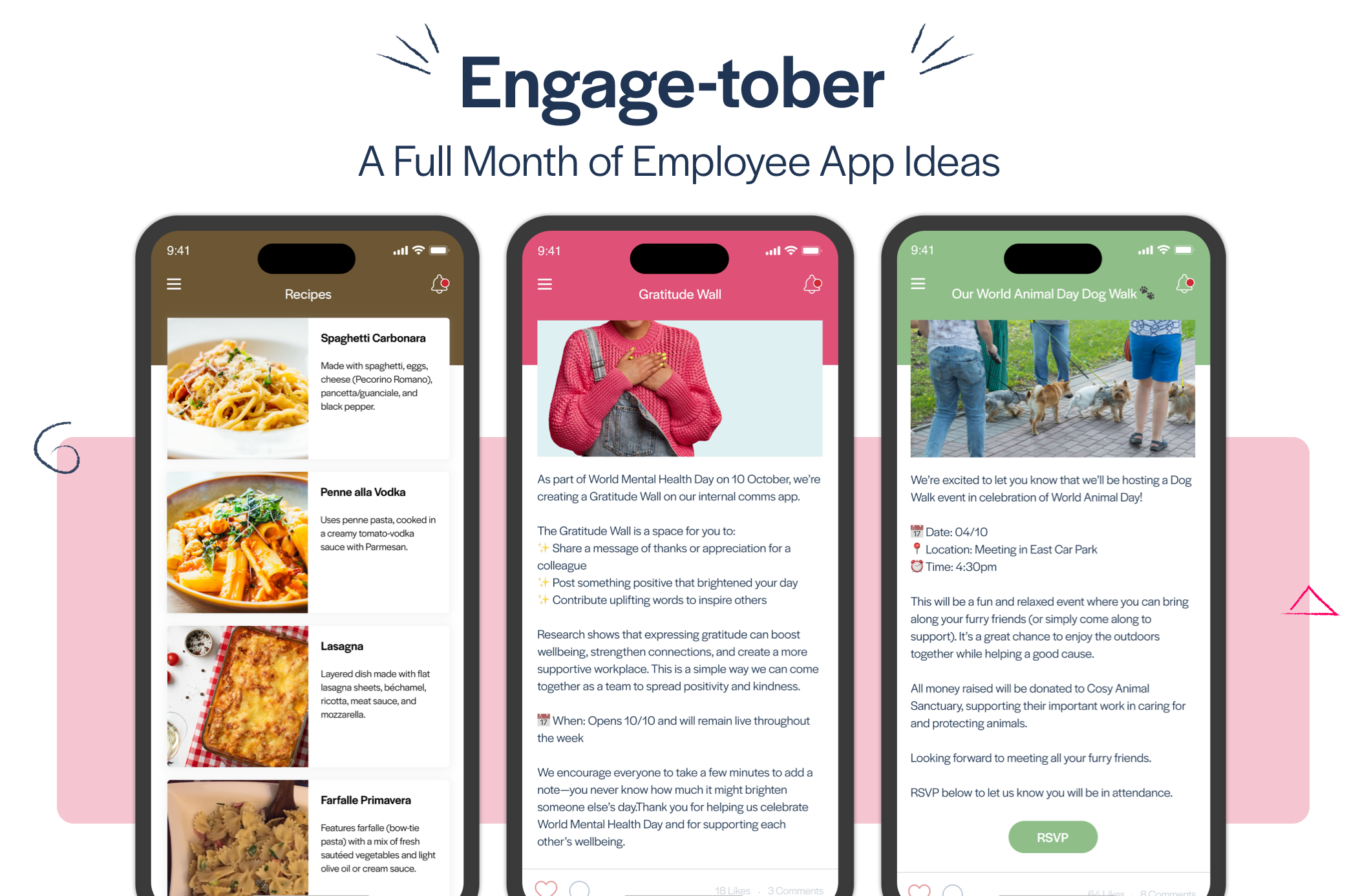
Blog
The Infinite Game of Employee Engagement
Business fits all the markings of an infinite game, yet many leaders choose to play it with a finite mindset, focused on their quarterly results and claiming to be #1, usually by some arbitrary self-selected metric.
On a recent long-haul flight to the states I had the opportunity to listen to Simon Sinek’s latest book - The Infinite Game. For anyone genuinely interested in how to engage employees and why it really matters, this book provides some really thought-provoking ideas, examples and inspiration…
What are Finite and Infinite Games?
Finite games like basketball or monopoly have fixed rules, known players and there is an agreed upon objective that when reached, ends the game. Infinite games by contrast are wide open with known and unknown players, no exact rules and perhaps only broad boundaries of convention. Players can decide how to play the game and change their approach anytime. No one actually wins infinite games, there is no finish line – the primary objective is to keep playing – to perpetuate the game itself.
Business fits all the markings of an infinite game, yet many leaders choose to play it with a finite mindset, focused on their quarterly results and claiming to be #1, usually by some arbitrary self-selected metric.
To succeed in the infinite game of business, Simon Sinek advocates that we have to stop thinking about who wins or who is the best, and start thinking about how to build organisations that are strong and healthy enough to stay in the game for many generations to come - the benefits of which ironically often make companies stronger in the near term also.
While a finite minded leader works to GET something FROM their employees, an infinite minded leader works to ensure all of their employees remain inspired to continue contributing to their shared vision or ‘just cause’. People with an infinite mindset want to leave their organisations in better shape than they found it and the company can keep playing the game for as long as possible.
A finite minded organisation makes products they think they can sell to people; the infinite minded organisation makes products that people actually want to buy. If you are thinking this all sounds wonderful, but if we don’t make those quarterly numbers, we’ll not get the chance to create that utopian infinite world, then the example of Microsoft and Apple (a tale of two players) in the book is well worth reviewing.
In short, the book cites that former Microsoft CEO, Steve Ballmer, led with a finite mindset, increasingly obsessed with short term financial performance and ‘beating’ Apple at any cost. Ballmer’s finite leadership turned a once highly innovative culture toxic and nearly crashed the company completely with moves such as the doomed Nokia acquisition & Windows Phone products.
In contrast Steve Jobs over the same period led with a supremely infinite mindset, making Apple into the most valuable company in the world and one that continues to thrive long after he left the game. It’s perhaps no surprise that Ballmer chose to buy an NBA basketball team to focus on in his retirement – perhaps he’s finally matched his mindset to his game.
The negative impact of finite minded leadership on employees
When organisations are led with finite mindsets obsessed with quarterly numbers, short term thinking prevails - employees go into self-preservation mode, trust degrades, silos are created, and departments can actually work against each other to ensure their own survival – the culture becomes a mess and the organisation is on a path to self-destruction.
The lifespan of companies is getting shorter from an average of 61 years in the 1950’s to less than 18 years today. This short-term mindset has proliferated into employees who are moving jobs faster than ever before too with the average tenure now only 4.4 years.
Too many business leaders are simply not building their companies and cultures to last, which is ironic given even the most finite minded person cannot refute the longer a business and the people that contribute to the mission survive and thrive there, the more likely it will be to achieve all of its goals.
Groups that adopt an infinite mindset enjoy vastly higher levels of trust, cooperation and innovation leading to major benefits for all involved. The true value of an infinite minded organisation is measured by the desire of employees to contribute to that organisation’s ability to keep succeeding not just during their time there, but long after – if this isn’t true employee engagement, I’m not sure what is.
How do I become an infinite leader?
The book gives five essential practices of infinite leadership that I believe will deliver true employee engagement:
- Advance a Just Cause — A Just Cause is a specific vision of a future state that does not yet exist; a future state so appealing that people are willing to make sacrifices in order to help advance toward that vision. A Just Cause is not the same as our WHY. A WHY comes from the past. It is an origin story. It is a statement of who we are. A Just Cause is about the future. It defines where we are going. It describes the world we hope to live in and will commit to help build.
- Build Trusting Teams
- Study your Worthy Rivals
- Prepare for Existential Flexibility
- Demonstrate the Courage to Lead
When employees see that leaders have embraced the five practices of an infinite minded leader, they can be confident and focused on where they are going and taking care of one another along the way. They can also be confident the organisation will resist short term temptations and act ethically as they together build the organisation to survive and thrive for a very, very long time to come.
With an infinite mindset, our journey is one that will lead ourselves and those around us to be:
- Inspired every morning
- Feel Safe when we are at work and be
- Fulfilled at the end of every day
We will live our lives to advance a cause bigger than ourselves, we will see those who share our vision as partners in that cause and we will work to build trust and help those around us rise to advance the common good….in other words - to live a life of service. To serve, is good for the game.
We can all choose to adopt a finite or infinite mindset; it is entirely our choice, but if you are in a leadership position and seek true employee engagement, I believe after reading this book, there is really no choice at all.
PS - I highly recommend you get the book for yourself. Check it out on Amazon.









